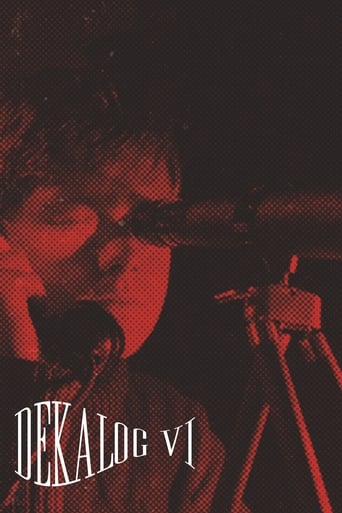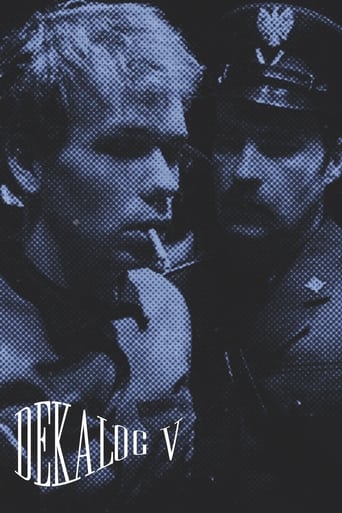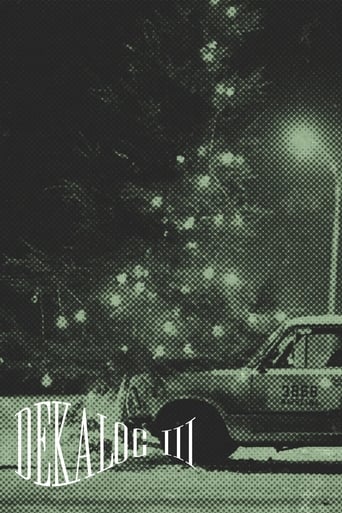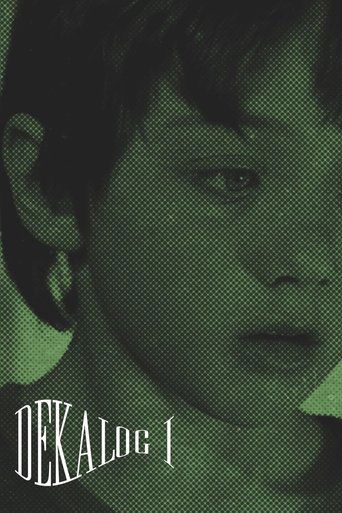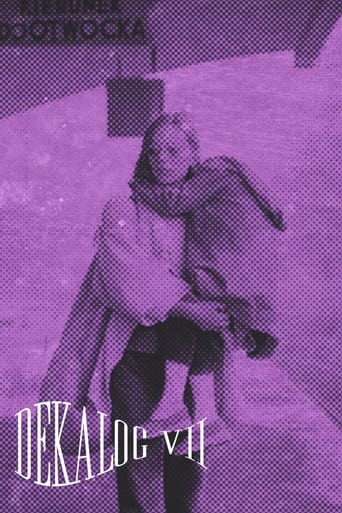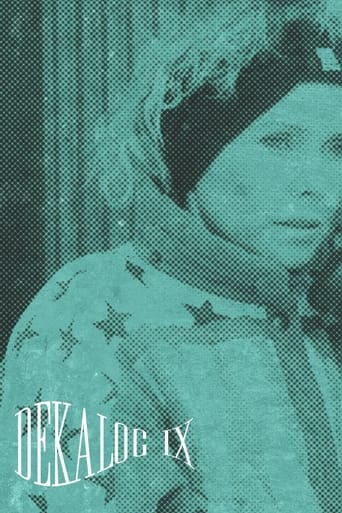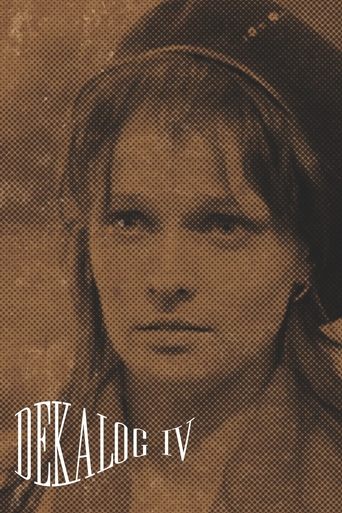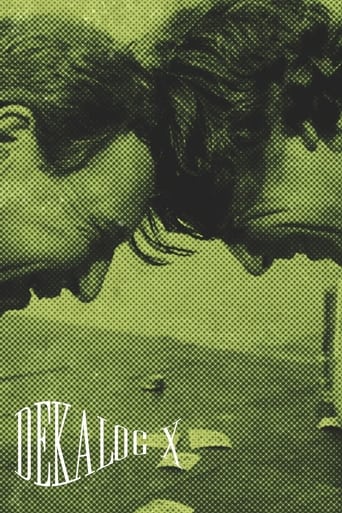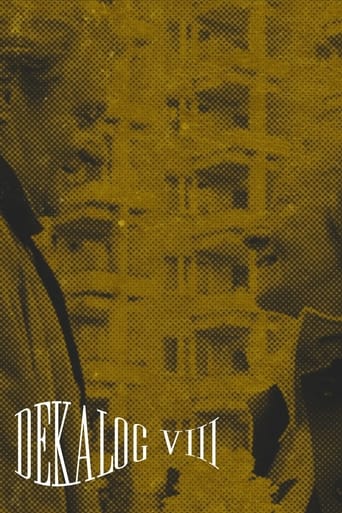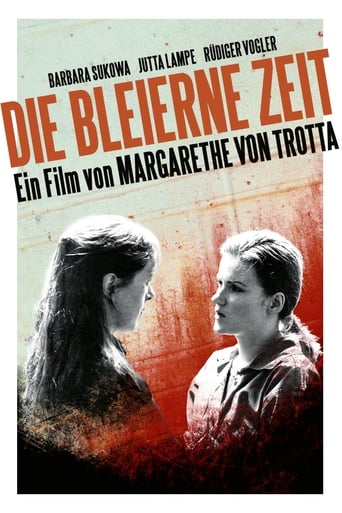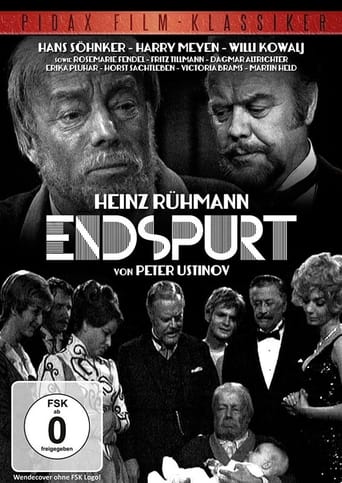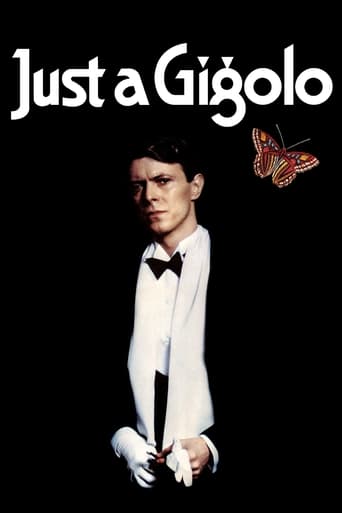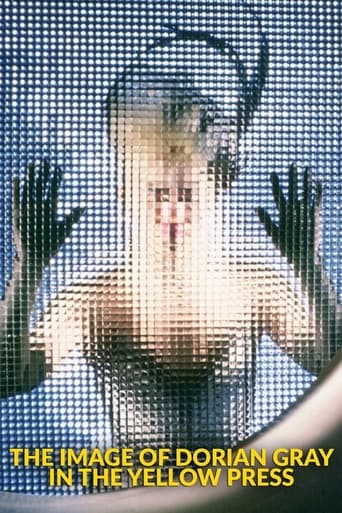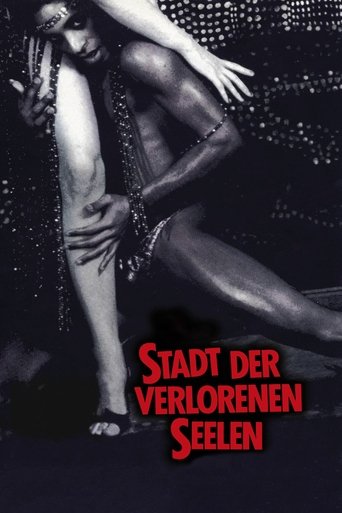1838: Fritz Jüterbog and Ottilie von Henkeshofen love each other, but the difference in status is too great for Ottilie's parents to give their consent to a marriage. And so, Fritz sets off for America and returns from there 20 years later as a made man to ask for Ottilie's hand in marriage again. In the meantime, however, Ottilie - believing that Fritz had long since forgotten her - is married in a manner befitting her status, but very unhappily. Fritz, who is highly successful as an entrepreneur, is elevated to hereditary nobility because of his great services to the fatherland. It is too late for a union with Ottilie, but despite the years that pass, the two cannot forget their love. 75 years later, Fritz and Ottilie have died in the meantime, their grandchildren Fred and Tilla meet and fall in love.
